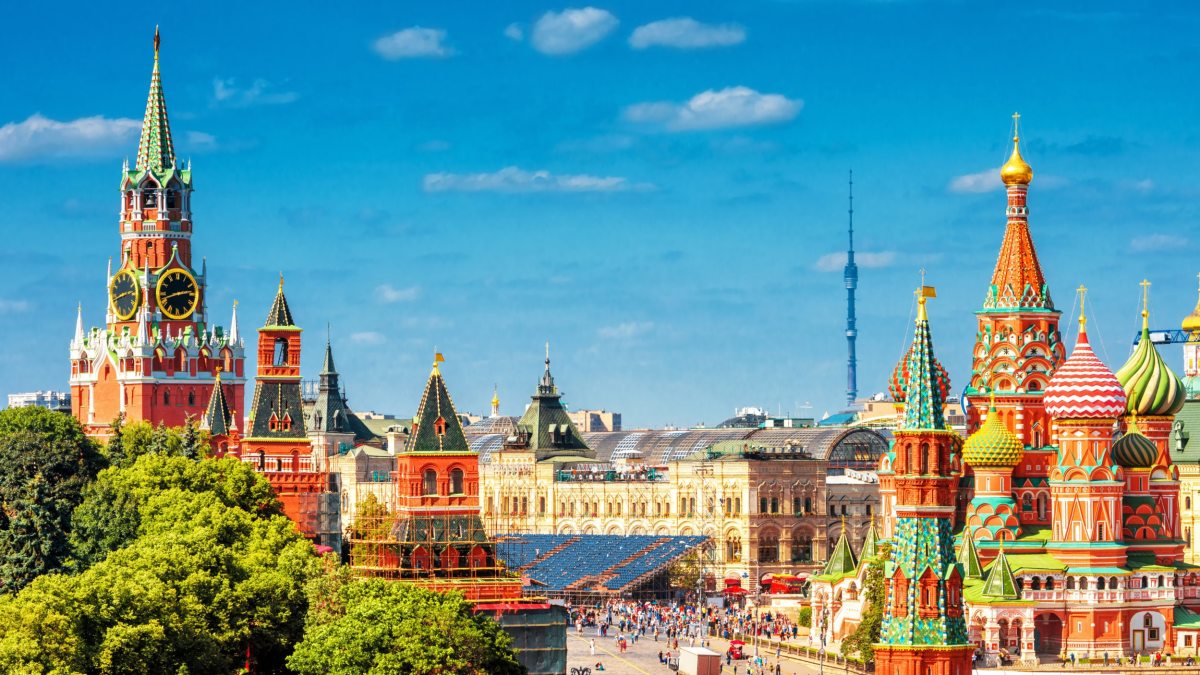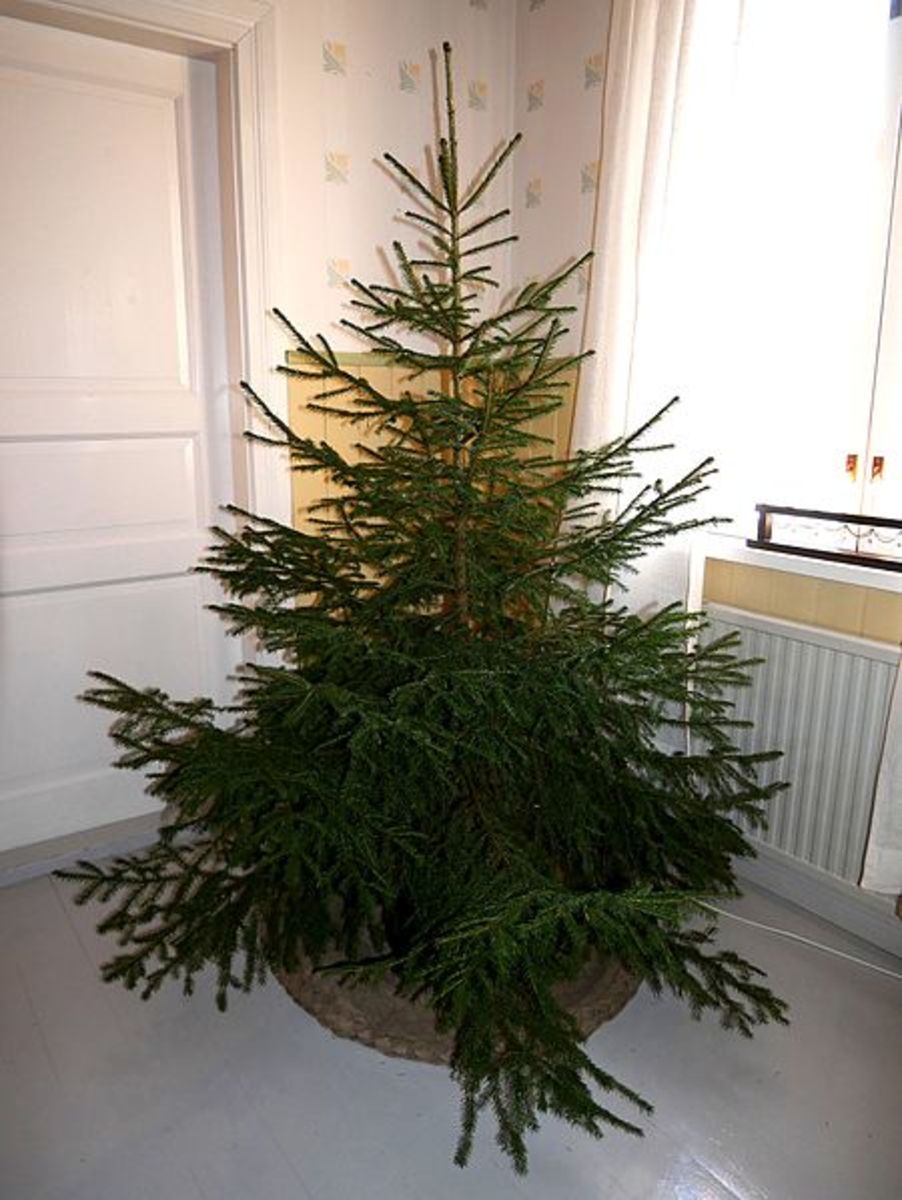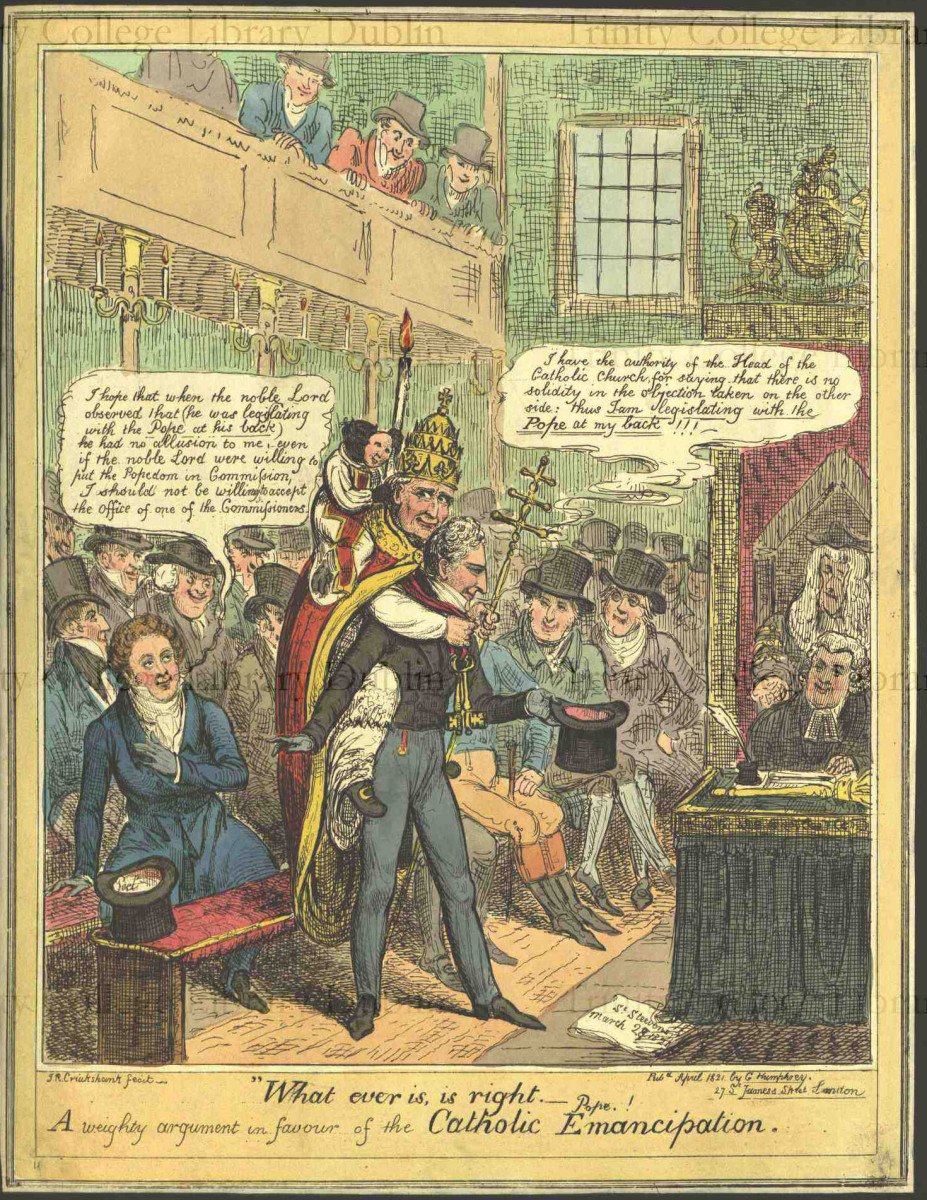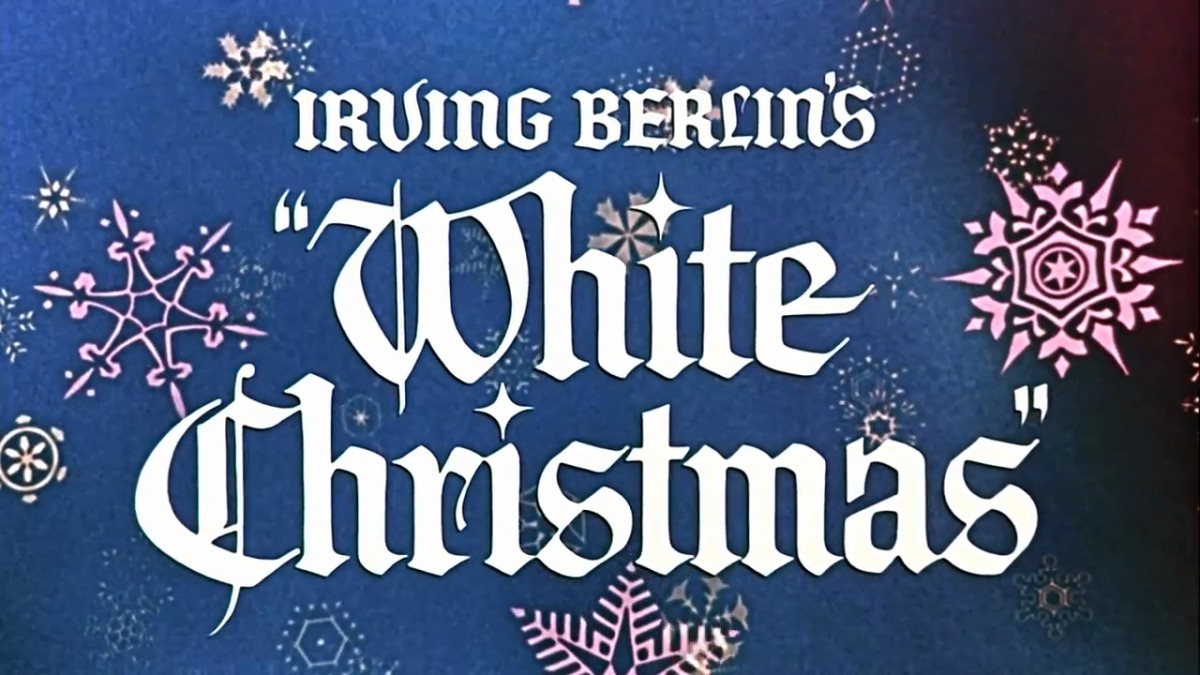Are Twelve Days of Christmas Lyrics A Secret Code?
A Catholic Priest's Theory About Origins of a Popular Christmas Carol
Do a web search on the Twelve Days of Christmas and, among your results, you will find a number of references to a theory that the song was really a code devised by Roman Catholics in England to teach their children the Roman Catholic faith during a period when the practice of the Catholic religion was illegal in England.
While many sites treat this theory as fact and others dismiss it as an urban myth, the fact is that it appears to be a hypothesis based upon some circumstantial evidence.
The originator of the hypothesis is Father Hal Stockert, a theologian and parish priest at the Byzantine rite Saints Peter and Paul Roman Catholic Church in Gransville, New York.
A Byproduct of Other Research
According to Father Stockert, while he was doing some historical research in the British Isles he ran across references in letters indicating that the popular Christmas carol, The Twelve Days of Christmas, was created, or at least used, by Catholic parents to teach their children the basics of the Catholic faith.
Father Stockert has made it clear that the research he was engaged in had nothing to do with the Christmas carol The Twelve Days of Christmas. Instead, passing references to The Twelve Days of Christmas kept appearing in the sixteenth and seventeenth century documents he was viewing in his research.
Other than his stating in various postings on the Internet that the focus of his research had nothing to do with the Christmas carol, I haven’t found any place where he either describes the object of his research or mentions any specific publications that resulted from this research.
In a December 15, 2000 postscript on the CatholicCulture.org website explaining how he came across the references to carol he states clearly:
I found this information while I was researching for an entirely unrelated project which required me to go to the Latin texts of the sources pertinent to my research. (CatholicCulture.org website postscript at end of article titled Origin of the Twelve Days of Christmas - see link below)
Father Stockert Takes Notes and Publishes a Short Article
In the same article he goes on to state that the documents he viewed included a number of letters from Irish priests, most of whom were from the Jesuit order and were corresponding with their mother house in Douai-Rheims, France.
Many of these letters contained a passing reference to the Twelve Days of Christmas being used to secretly teach the basics of the Roman Catholic faith.
Finding these frequent references intriguing, Fr. Stockert made some notes about these references and, some time after his return to the United States, he wrote a short article about his findings regarding the Twelve Days of Christmas carol to share with his parishioners and other friends.
In 1982 he posted his article about the Twelve Days of Christmas on an ecumenical computer bulletin board (bulletin boards were sites for public postings in the early days of the Internet before the advent of the world wide web in 1994).
In 1995, following the creation of the World Wide Web and the disappearance of many of the old bulletin boards, he re-posted the article, which he titled The Twelve Days of Christmas An Underground Catechism, on the Catholic Information Network (CIN) website.
Father Stockert's Article Is Merely a Theory About Information He Discovered
While Father Stockert appears to believe what he has written is true, he stresses that what he presented in his article was a hypothesis based upon what he came across in his research. The article he wrote was intended to simply share this discovery.
Fr. Stockert admits that time prevented him from following up on his discovery and being able to prove or disprove his theory. Further complicating matters is the fact that, when challenged to cite his sources, he is unable to produce his original notes which were destroyed when a water pipe broke and flooded the room where he stored them.
Anyone who has ever done any serious research knows, a lot of interesting, but unrelated things are discovered in the process.
In fact, if one is not careful, there is a risk that enormous amounts of research time can be wasted following up on interesting, but irrelevant, tidbits of information.
The best way I have found to handle these irrelevant tidbits is to make a few notes for the future while forging ahead with the main topic.
Literally dozens of the HubPages I have written are the result of notes being made of interesting things I have come across while doing research for a Hub that has nothing to do with the extra information I run across in my research.
As to Fr. Stockert’s loss of his notes, history is full of tales of critical historic documents being destroyed by fire, flood, age, pests, etc.
The important thing to remember here is that what appears to have been lost were Fr. Stockert’s notes, NOT the original documents in which he found the references to the Christmas carol.
This being the case, the material is available for someone else to research whether or not the carol, The Twelve Days of Christmas, was created or commonly used as a teaching tool for the Roman Catholic faith, and publish their results.
Of course, the documents in question are probably located in numerous collections scattered throughout England and Ireland. They are also written in Latin which provides an additional challenge for researchers, especially those, like me, who don’t know Latin.
My Reasons for Doubting Father Stockert's Theory
I have been impressed by everything I have read about and by Fr. Stockert and believe him to be a serious scholar.
As for his theory, I believe that the Twelve Days of Christmas may have been used by some Catholics in Great Britain, especially in Ireland, for religious instruction, but I seriously doubt that the carol was created for this purpose or that it was used extensively for this purpose.
From its earliest years to the present the Church has often been forced to operate underground in order to survive. The late Pope John Paul II ran such a church in Poland prior to his ascent to the Papacy.
Other religions have also had to operate underground as well.
In the Southwestern U.S. there is the four hundred year old story of the Crypto-Jews (also known as Marranos, Conversos and hidden Jews) who had been forcefully converted to Catholicism in Spain during the Inquisition but had secretly kept their Jewish faith alive and passed it on to their children after moving to the New World.
Catholic Religion Illegal in Great Britain from 1558 to 1829
In Ireland the persecution was conducted with even more zeal. These are documented historical facts and do not need Fr. Stockert's research to support them.
However, the laws and persecutions were limited to a few periods between the years 1558 and 1829. The laws remained on the books but were usually not enforced, which generally enabled Catholics to practice their faith openly.
The periods when the Church was forced to operate underground coincided with the era of Queen Elizabeth I and her Stuart successors in which rival claimants to the throne of England, aided by unfriendly foreign governments, sought to forcibly remove the reigning British monarch.
Politics, Not Religion, Was the Real Problem Here
Religion was a factor in these disputes but politics and power were the main force. The references that Fr. Stockert gives refer to correspondence between Jesuit priests in Ireland with their superiors in France.
The Jesuits were a powerful order and were often involved in politics.
The Jesuits' vast world-wide network of highly educated and highly motivated priests was a good source of intelligence which leaders of the order frequently exchanged in return for increased wealth and power for the order.
I am not arguing here whether this was good or bad – it is a fact and, for this reason, the Jesuits were both used and feared by secular rulers.
It is therefore understandable that the British monarchs saw the Jesuits as a serious threat and Fr. Stockert in his defense of his theory uses Jesuits as his prime example of targets of persecution.
At various times the Catholic monarchs of France and Spain also went after the Jesuit order despite their common Catholic faith.
The old Spanish mission church, San Xavier del Bac in Tucson where I live was founded by the Jesuits but later transferred to the Franciscans when the King of Spain issued an order expelling the Jesuits from Spain and all of its dominions.
Fr. Stockert stated that many of the letters he quoted were from Jesuits operating under cover in England and Ireland to their superiors in France. Given that these Jesuits were essentially secret agents operating in enemy territory, it is not surprising that they would be concerned about concealment and codes.
Lord Baltimore Openly Practiced His Catholic Religion While Serving as Advisor to King James I
However, while things may have been bad for the Jesuits and Catholic lay people who were political opponents of the reigning monarch, the situation appears to have been different for Catholics who supported the king.
One need look no farther than the founding of the state of Maryland to see evidence of the lack of enforcement of the anti-Catholic laws.
George Calvert, the first Lord Baltimore, was Secretary of State to King James I (successor to Queen Elizabeth I).
In 1625 Calvert left public life and practiced his Catholic faith openly. Not only was he not arrested but, in return for his previous service, King James awarded him with a large grant of land in Newfoundland where Calvert attempted to establish a colony.
Finding the climate and conditions in Newfoundland too harsh for their plans, Calvert and his son, Cecil Calvert (1606 – 1675), the second Lord Baltimore, petitioned James' son, King Charles I for a second land grant further south and were given the land that is now the State of Maryland.
In establishing his colony in Maryland, Cecil Calvert decreed that there would be a separation of church and state and Christians (his freedom of religion did not extend to Jews and other non-Christians) of any denomination were free to worship as they pleased.
Here we have two English kings who not only tolerated the open practice of the Catholic faith by a lord of the realm and his son but rewarded them with land grants and stood by as Calvert used the land received to establish a haven for Catholic and other non-Anglican Christians.
The fact that the active persecution of Catholics was limited is one reason for believing that Catholics would not go to the trouble of investing a secular carol (and the history of The Twelve Days of Christmas indicates that it was secular) with a coded religious message.
Catholic and Anglican Churches Nearly Identical
A second and, more compelling reason is the fact that, with the possible exception of the seven sacraments, none of the coded teachings in the song were illegal. Both the Roman Catholic and the Anglican (Church of England) shared these beliefs.
Teaching a child about the Old and New Testament, the Four Gospels, the Apostle's Creed, etc. was not a way to identify a person as Roman Catholic since Anglican parents taught their children the same articles of faith.
I am a practicing Roman Catholic. My father's side of the family were Irish Catholics and I was raised in that religion. However, my Mother's side of the family were Irish Protestants (Presbyterian) from Ulster (Northern Ireland) and my Mother has been an active member of the Episcopal (the American branch of the Anglican Church) since her youth.
I have thus, grown up with both churches and have attended Mass in both churches. When I attend church with my Mother I have no problem following the Mass and responding with the rest of the congregation as the ritual of the Mass is essentially the same as that of the Catholic Church.
Because the Catholic and Anglican churches are so close in terms of beliefs and rituals it would have been easy for Catholics to hide the non-Anglican aspects of their faith in public.
That is provided they didn’t associate themselves with Jesuits and other Catholic political operatives working in opposition to the reigning Anglican monarch.
More Research Needed to Prove This Theory
Is the carol The Twelve Days of Christmas really a code used by persecuted Roman Catholics in the British Isles to teach their children the faith?
I think not.
Did some Catholics use this carol to secretly teach the faith to their children?
Given the large number of Catholics, their differing circumstances, and the varying degrees of enthusiasm of the local officials charged with enforcing the anti-Catholic laws it is possible that some did use the carol for this purpose.
If someone were to make a serious attempt to uncover the letters and reports that Fr. Stockert found and then dig further they might find that Father Stockert's theory is true.
Until such time as more collaborating facts are uncovered, we have to accept the fact that a theory has been put forward and no one has as yet come forward with hard evidence to prove or disprove it.
Your Opinion on the Origins of the Twelve Days of Christmas Carole
Do you thin that the Carole "Twelve Days of Christmas" is just a song or is it a 16th Century Code?
Links to My Other Hubs in The Twelve Days of Christmas Series
- The Twelve Days of Christmas
- On the First Day of Christmas
- On the Second Day of Christmas
- On the Third Day of Christmas
- On the Fourth Day of Christmas
- On the Fifth Day of Christmas
- On the Sixth Day of Christmas
- On the Seventh Day of Christmas
- On the Eighth Day of Christmas
- On the Ninth Day of Christmas
- On the Tenth Day of Christmas
- On the Eleventh Day of Christmas
- On the Twelfth Day of Christmas
- In The Twelve Days of Christmas Carol Is the Bird a Calling Bird or Collie Bird?
© 2011 Chuck Nugent










